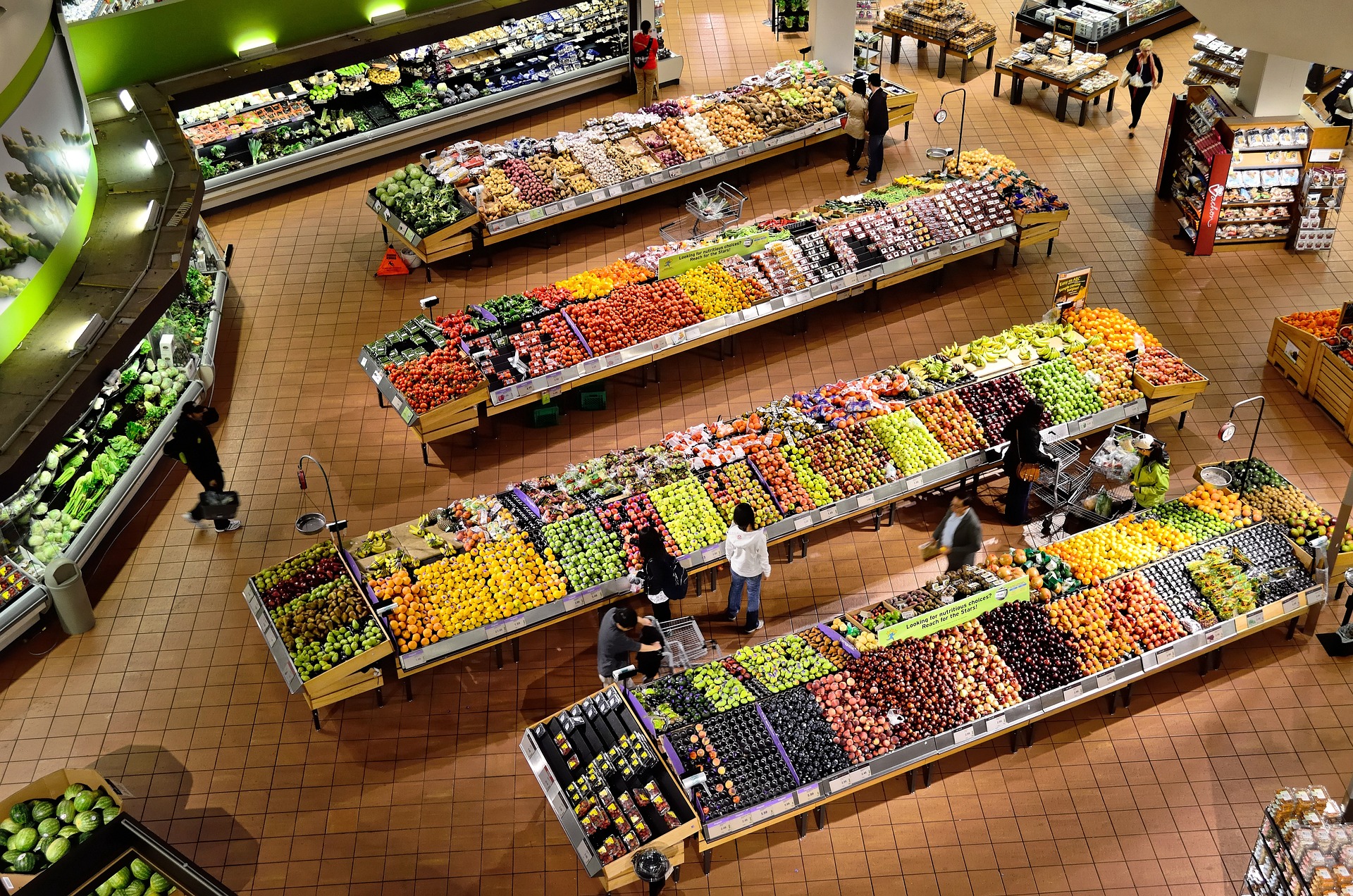Seniors: Save Big On Groceries In 2025
Seniors are always on the lookout for ways to stay healthy and stretch their budgets. One thing gaining attention is potential benefits for groceries. These programs aim to ease food expenses for eligible individuals by providing additional financial support. However, understanding how to access these benefits can be challenging. While not every senior will qualify or find the same options available, learning about these opportunities is worth the time.

Understanding the Importance of Grocery Savings for Seniors
For many seniors, grocery expenses represent a substantial portion of their monthly budget. With limited income from pensions or Social Security, every dollar saved on food can make a difference. Reducing grocery costs not only helps stretch retirement savings but also allows seniors to allocate more funds to other essential needs such as healthcare or housing. Moreover, access to affordable, nutritious food is crucial for maintaining good health and independence in later years.
Navigating Senior Discounts at Supermarkets
Many supermarkets offer special discounts for seniors, but these savings opportunities aren’t always well-advertised. Typically, these discounts are available on specific days of the week, often during off-peak hours. For example, some stores offer a 5-10% discount for shoppers over 60 or 65 on Wednesdays or Thursdays. To take advantage of these offers, seniors should:
- Inquire about senior discount policies at their local grocery stores
- Bring identification to verify their age
- Plan shopping trips around discount days to maximize savings
It’s important to note that discount policies can vary by location, even within the same chain, so it’s best to check with individual stores for the most accurate information.
Leveraging Food Assistance Programs
Beyond store discounts, several government and non-profit programs are available to help seniors afford nutritious food. One of the most significant is the Supplemental Nutrition Assistance Program (SNAP), formerly known as food stamps. SNAP provides eligible low-income seniors with a monthly benefit to purchase food. The application process can be completed online, by phone, or in person at local SNAP offices.
Another valuable resource is the Senior Farmers’ Market Nutrition Program (SFMNP), which provides low-income seniors with coupons to use at farmers’ markets, roadside stands, and community-supported agriculture programs. This program not only helps seniors access fresh, locally grown produce but also supports local farmers.
Community and Non-Profit Support
Local communities often offer additional support for seniors struggling with food costs. Many areas have food banks or pantries that provide free groceries to those in need. Meals on Wheels is another crucial service, delivering prepared meals to homebound seniors who may have difficulty shopping or cooking for themselves.
Some non-profit organizations and religious institutions also organize community meals or food distribution events specifically for seniors. These gatherings not only provide nutritious food but also offer valuable social interaction, which is essential for overall well-being.
Benefits Beyond Discounts
While saving money is important, there are other strategies seniors can employ to manage their grocery expenses effectively:
- Meal planning to reduce food waste and unnecessary purchases
- Buying in bulk for non-perishable items when on sale
- Opting for store brands over name brands
- Using coupons and loyalty programs to maximize savings
- Considering generic medications for chronic conditions to free up more budget for food
These approaches not only help reduce costs but can also promote healthier eating habits and better overall financial management.
Navigating Online Grocery Services for Seniors
In recent years, online grocery shopping and delivery services have become increasingly popular, offering a convenient option for seniors who may have mobility issues or prefer to avoid crowded stores. Many of these services offer special discounts or waived delivery fees for first-time users or seniors. Some even accept SNAP benefits for online orders, making it easier for low-income seniors to access nutritious food without leaving home.
When using online grocery services, seniors should:
- Compare prices across different platforms
- Look for promotional codes or senior discounts
- Be mindful of delivery fees and minimum order requirements
- Check if their SNAP benefits can be used online
While online shopping can be convenient, it’s important for seniors to be aware of potential scams and to only use reputable, well-known services to ensure the safety of their personal and financial information.
Conclusion
Navigating grocery savings as a senior involves a combination of taking advantage of store discounts, utilizing government and community programs, and adopting smart shopping strategies. By exploring these various options and resources, seniors can significantly reduce their food expenses while maintaining a nutritious diet. Remember, every small saving adds up, contributing to better financial health and peace of mind in retirement years.
The shared information of this article is up-to-date as of the publishing date. For more up-to-date information, please conduct your own research.




